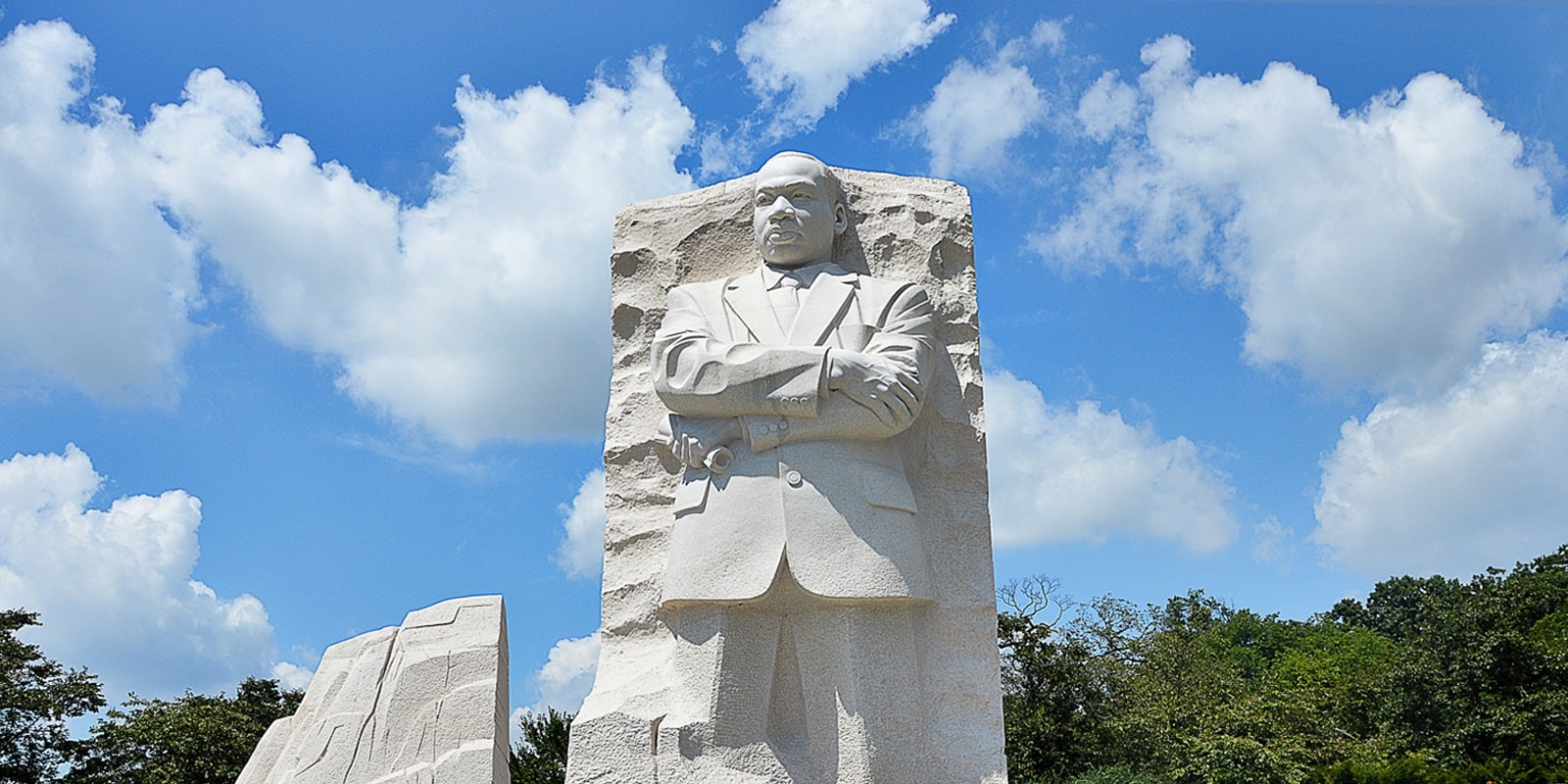


Is science compatible with God’s Word? What is truth, and can science uncover it? These questions must be addressed in America and around the world because there is much confusion and a hostile effort to remove God from our lives. The truth is that modern science has Biblical roots, and the more we explore our universe using science, the better we can understand and stand in awe of our Creator.
Classical science began with ancient Greek philosophers, particularly Aristotle (384-322 BC), who was one of the first to introduce the study of natural science, especially in biology, physics, and astronomy. The ancient Greek philosophers believed that the universe was composed of fundamental elements: earth, water, air, and fire. They believed that an eternal fire sustained the celestial bodies. During this time, the Greeks observed that the patterns and movements of heavenly bodies were constant and unchanging, which were considered perfect in nature. They regarded these bodies as “incorruptible” and endowed with a divine aspect, supported by an everlasting soul, which reinforced Greek polytheism and mythology.
Aristotle is best remembered for establishing a logical framework for understanding the world and how things function by laying down the laws of reasoning. The method he introduced was deductive reasoning. This approach encourages careful observation and supports assumptions that lead to logical conclusions. However, its broad generalizations create significant limitations, exemplified by the belief that the universe consisted of fire, earth, air, and water, which could transmute from one form to another. The ancient Greek methods were self-serving because the Greeks believed that humans could understand the world around them by forming ideas based on their own inerrant and flawed nature.
Aristotle’s deductive method, by its very nature, could easily lead to errors, as demonstrated by his views about the fundamental laws of gravity, which are the forces keeping celestial bodies moving harmoniously in the vast universe. Aristotle proposed that objects seek their natural places, which he observed in how flames burn upward. In contrast, water in a waterfall flows downward to find its natural position at the center of the Earth. According to this theory, Aristotle mistakenly concluded that heavier objects fall faster while lighter ones descend more slowly.
The truth is that modern science has Biblical roots, and the more we explore our universe using science, the better we can understand and stand in awe of our Creator.
Tom Derosa Share on 𝕏
It was not until nearly two thousand years later that Galileo Galilei (1564–1642), an Italian physicist, astronomer, and inventor, conducted extensive experimentation and mathematical analysis to disprove Aristotle’s theory of natural position dramatically. It is said that while he was a professor at Pisa University, he dropped objects from the Leaning Tower of Pisa and found that they fell at the same rate because Earth’s gravitational force is consistent for all objects. This contradicted the ancient Greek idea of natural place, concluding instead that invisible forces interact with objects.
Galileo was a pivotal figure in the emergence of the modern science movement, emphasizing experimental science, data collection, hypothesis formation, data sharing, and collaboration among scientists. With a deep passion for mathematics and experimentation, he developed classical physics that explains motion, forces, gravity, and projectile motion. His creativity and engineering skills led to the invention of the thermoscope, which contributed to the development of the thermometer and military compasses. He also made significant enhancements to the telescope, allowing for the discovery of distant celestial objects and providing a clearer understanding of the operations of heavenly bodies, thus earning him the title “Father of Observatory Astronomy.”
Galileo discovered many more stars with his telescope than the ancient Greeks had recorded through their unaided observations. Notably, when he witnessed Kepler’s Supernova in 1604, an exploding star, it revealed significant flaws in the ancient Greeks’ belief in the unchanging nature of the heavens. Galileo viewed the universe as a dynamic place where God the Creator could be found, and as he stated, “God is known by nature in his works, and by doctrine in His revealed Word.”
After the Renaissance began in the fourteenth century, a revival spread from Italy and beyond, leading to an awakening of intellectual pursuits. People began seeking knowledge about the world through classical art, literature, and science. Following this, the fifteenth century saw the Great Reformation, which broke the chains of the church’s traditional teachings that salvation was achieved through man’s hard work and various other means, highlighted by the misuse of indulgences to obtain forgiveness from sin. During this period, a significant theological revolutionary movement emerged as a source of spiritual renewal, emphasizing that salvation is a gift from God. It is through God’s grace that humanity is renewed, not through individual works. This brought people closer to God, underscoring the importance of making God’s Word more accessible to everyone.
Francis Bacon (1561-1626), a lawyer, statesman, and natural philosopher, devoted himself to the experimental method to uncover worlds that had never been seen before. During this reformation period and the rise of a modern scientific movement, he was dedicated to a personal God who created him in his image and whom he sought to glorify by exploring his creation. He believed in the Genesis account of six days of Creation and that the Word of God governs it. By diligently examining, probing, and studying creation, he felt that mankind would be incredibly blessed, as shown by our advancements in technology, medicine, and abundant resources. Creation displayed extraordinary order and beauty, crafted by an intelligent, ever-present, and all-powerful Creator. Bacon asserted that creation should be thoroughly investigated, starting with its intricate components, so that God’s grand design could be comprehended.
Bacon employed the dependable process of inductive reasoning, which has evolved into the scientific method, focusing on examining individual components and working upward to understand the concept. This method reduces bias and involves thorough observations, experiments, inquiries, data collection, analysis, hypothesis formation, and careful conclusions. This method is crucial for understanding how all living and nonliving things function with immense complexity, working together to allow us to live harmoniously on this planet. It illustrates how scientists collaborate and consult with each other and is an essential aspect of scientific advancement.
In stark contrast to the ancient Greeks’ detached approach, Bacon’s inductive method highlighted the importance of investigation, experimentation, and an active engagement with the world. It’s no wonder that Francis Bacon is considered the “Father of Modern Science.” His scientific principles are evident today in the dynamic macro and micro worlds, both living and nonliving, and are reflected in the various fields of modern science, which are rich in complexity and understanding approaching infinity.
Many Christians emerged as pioneers of science, convinced that God’s Word is truth, following Bacon’s inductive method and expanding scientific exploration in unprecedented ways. Figures like Robert Boyle (1627–1691) systematized chemistry, distinguishing it from medieval alchemy and establishing himself as a founder of modern chemistry. Nicolas Steno (1638–1686), recognized as the founding father of geology and stratigraphy (the layering of rocks), formulated the laws of superposition, which are still used today based on the biblical flood model.
Isaac Newton (1643–1727) provided new insights into the universe by building on Galileo’s work in classical physics, delivering the laws of motion and universal gravitation with his seminal publication of the Principia in 1687. He was a genius of his time and accomplished many mathematical and scientific feats in his early years. He spent the remainder of his life studying the Bible, writing, “I have a fundamental belief in the Bible as the Word of God, written by those who were inspired. I study the Bible daily.”
Science serves merely as a tool to seek the truth, which can only be found in Christ. As we draw nearer to Christ, we approach the truth of the power that sets us free.
Tom Derosa Share on 𝕏
Numerous examples exist of great scientists who adhered to the scientific method while believing in the Word of God as truth. It is ironic that today, one cannot mention creation or make any connection to the Bible in public schools. Science education should ideally be based on the understanding that as we gain more knowledge about this Earth and its surroundings, fulfilling God’s dominion mandate, we grow closer to grasping the qualities of the Almighty Creator as revealed in his creation, as affirmed in Romans 1:20.
Science serves merely as a tool to seek the truth, which can only be found in Christ. As we draw nearer to Christ, we approach the truth of the power that sets us free. John 14:6 states, “Jesus said to him, ‘I am the way, and the truth, and the life. No one comes to the Father except through me.’”









No spam, stay up to date on new articles, resources and events!
Get notified about new articles from the Institute.